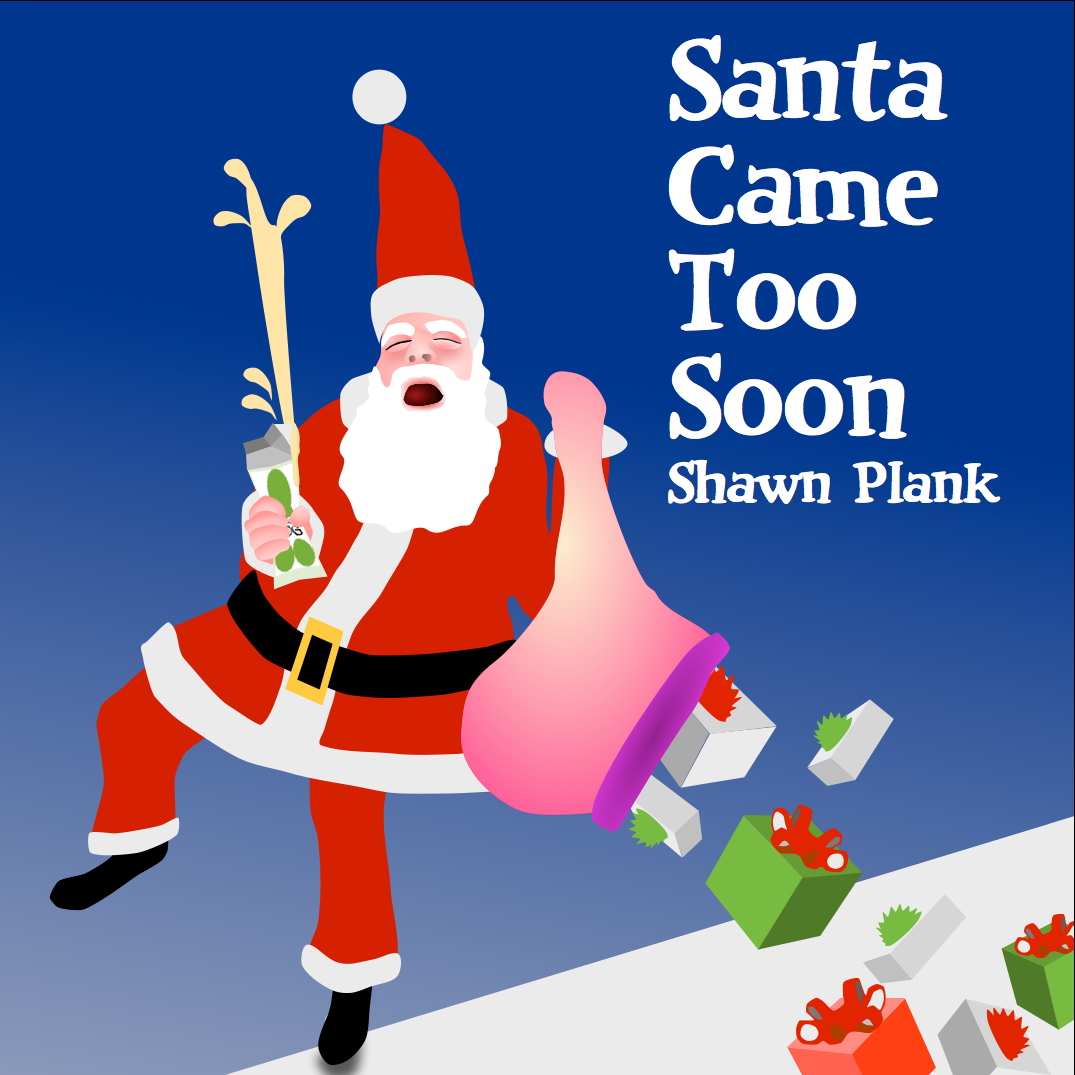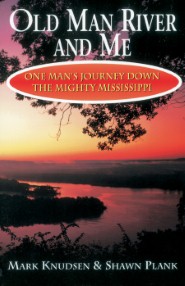‘How to write a quiz’ quiz
Are you organized or a slob? Are you a financial genius or an idiot? Are you a good person or a generally unkempt and rotten human being? Are you sick of people asking you silly questions about what kind of person you are?
You probably know the answers to these questions by taking quizzes found in women’s magazines which are showing up more in all magazines.
Readers love these quizzes, which is odd. We dreaded quizzes all of our childhood, pretending to be sick to avoid them at school. Now that we’re adults and are completely free to live our lives without ever taking another dreadful test, why is it that magazines draw us in with their inane quizzes?
Why? It’s because by taking these page-long quizzes we can instantly and magically discover if we are aggressive or passive, nurturing or destructive, brilliant or stupid, sexual or asexual. We can find out important information about our lives and the lives of our loved ones.
But what is the secret behind these quizzes? And can anyone write these? To find out, take this “How to Write a Quiz” quiz:
1. What’s the purpose of magazine quizzes?
A. A cheap way to get readers to read your writing. B. To fool readers into thinking they’ve become an expert by asking them lame questions on an otherwise important issue. C. To pose pointless questions. D. All of the above. (Answer: D.)
2. When preparing to write a magazine quiz, how much research should you do?
A. Quite a bit. B. Hours and hours. C. Finish reading this quiz. D. As much as was done before writing this quiz. (Answer: D. The writer asked his wife to buy a women’s magazine — he was too embarrassed to do it himself — to see if quizzes were as silly as he remembered.)
3. Isn’t it easy for readers to determine the gist of the quiz and answer questions accordingly so they’ll get the result they want?
A. No. B. No. C. No. D. Yes. (Answer: D.)
4. What sort of people think magazine quizzes are full of rash generalizations that unnecessarily pigeonhole them into categories, lifestyles, generations and trends.
A. Finicky eaters. B. Members of the post-baby boom generation — “posters” — whose common thread is having no common thread. C. The generalization generation. D. The correct ones. (Answer: D.)
5. Should you write a trick question with a surprising answer to catch the reader off guard?
A. No. Don’t belittle your readers by telling them they’re stupid (even if they are). B. Never. Readers have enough problems in their lives without failing some stupid quiz. C. Not at any time. You could forever damage quiz-takers’ confidence and self-esteem by purposely tricking them. D. Could you repeat the question? (Answer: D, which is a trick because it’s not the real answer. The real answer is “Yes,” which is all part of the trick question.)
6. In a magazine quiz, should the answers have a pattern? For example, should the answer to every question be “D”?
A. Yes. B. This should be done sometimes. C. The letter answers should progressively spell dirty words. D. Absolutely not. This should never be done. It is a violation of everything sacred in magazine quizzes. (Answer: D.)
7. What should quiz writers know about grading scales at the end of quizzes?
A. They should use the same letter-grade format on quizzes we had in school. B. It doesn’t matter because these quizzes are so arbitrary and ill-defined that the grade really has no bearing on anything happening in real life. C. And you’re saying that the quizzes we took in school did? D. They are essential and should substitute cute words and phrases for the letter-grade format so quiz-takers know exactly where they stand. (Answer: D.)
For example, here’s the grading scale for this quiz.
• Seven right: “Cheater.” There’s no way you could have gotten them all unless you guessed on some questions (in which case you don’t really know) or you looked ahead at the answers.
• Five or six right: “At least you’re honest.”
• Three or four right: “Smart aleck.” The questions weren’t that hard. You obviously missed some on purpose to be a wise guy.
• One or two right: “Plain dumb.”
• None right: “Quiz master.” Congratulations, you have a potentially lucrative career ahead of you writing magazine quizzes.




 Friday, December 31, 1999 at 7:01 PM
Friday, December 31, 1999 at 7:01 PM
Reader Comments